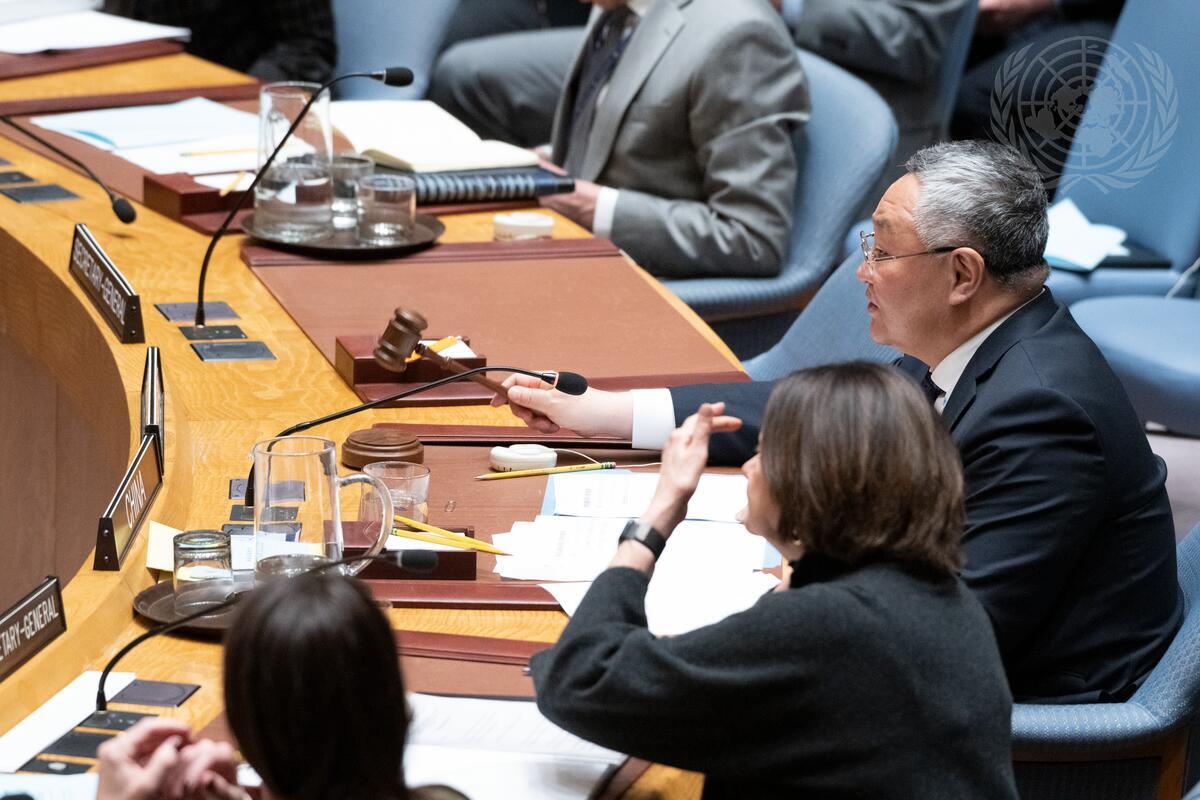United Nations: Security Council Debate on Multilateralism and Global Governance

In 2025, the United Nations is commemorating its 80th anniversary. During the Security Council ministerial meeting on the Maintenance of International Peace and Security: Practicing Multilateralism, Reforming and Improving Global Governance on February 18, 2025, UN Secretary-General, António Guterres, emphasised the necessity of reforming the organisation to tackle the contemporary issues that the world is confronting. He acknowledged the importance of the UN in preserving world peace and security and pointed out that the organisation's structure, particularly that of the Security Council, needs to be reformed to reflect current circumstances. He stated that “terrorism and violent extremism remain persistent scourges. We see a dark spirit of impunity spreading. The prospect of nuclear war remains – outrageously – a clear and present danger.” The debate focused on how crucial it is for member states to work together in a multilateral setting in order to address global problem-solving mechanisms and improve their efficacy and equity.
The debate underlined the clear shift in power dynamics within the organisation especially due to the influence of Global South nations who stress the need for a more inclusive global order. Representatives from the Global South countries demanded permanent African seats on the Security Council with veto power. The World Bank and the International Monetary Fund (IMF) were criticised for their role in exacerbating inequalities and aiding only the wealthy nations and the African nations called for reform to ease debt burdens and improve their representation in the current global financial system.
During the debate, nations criticised the UN, pointing out the unrepresentative nature of the Security Council and its undemocratic decision-making process. Among other countries, the United States expressed doubts about the organization's ability to uphold international harmony. The United States representative blamed China and Russia for being the greatest “drivers of instability in the world today”, highlighting the war in Ukraine and China’s exploitation of its developing-nation status. In response, Russian Ambassador Vasily Nebenzya pointed out that the world was at risk of a direct military confrontation between nuclear powers as Western countries continue to breach international law and undermine UN authority.
The issue of rising unilateralism and privatisation of international bodies was also debated during the meeting, where representatives of various nations stressed the importance of multilateralism. They urged the United Nations to adapt to the changing geopolitical landscape or risk losing its relevance as there is an increasing crisis of confidence in the UN as pointed out by Waleed Abdul Karim El-Khereiji, Vice Minister for Foreign Affairs of Saudi Arabia. The Minister for Foreign Affairs of Uganda shed light on the “palpable loss of trust” in old institutions and their mechanisms, he also stressed how “the future of multilateralism depends on the willingness of State and non-state actors to reimagine and revitalise the system.”

